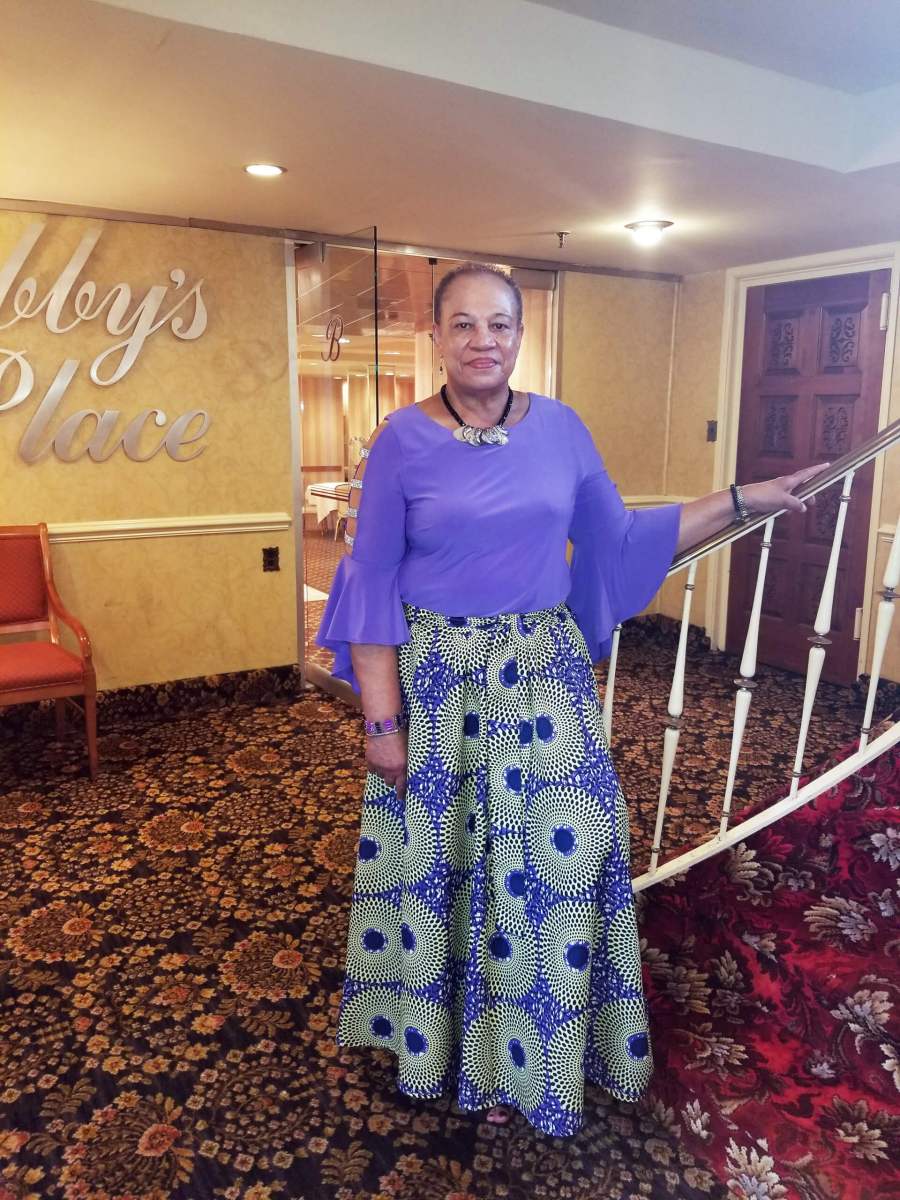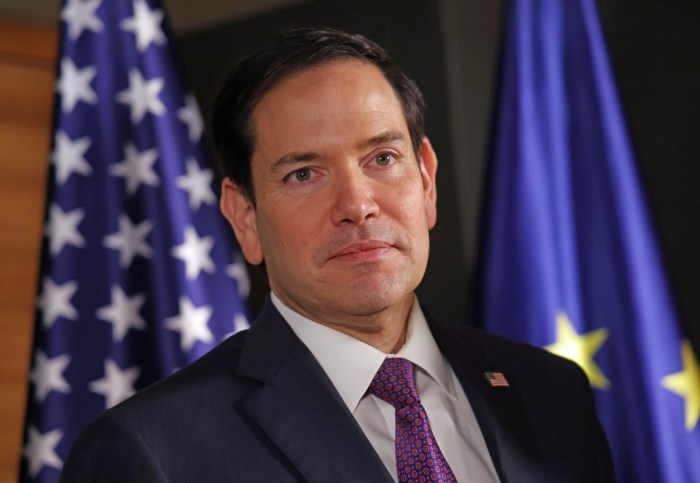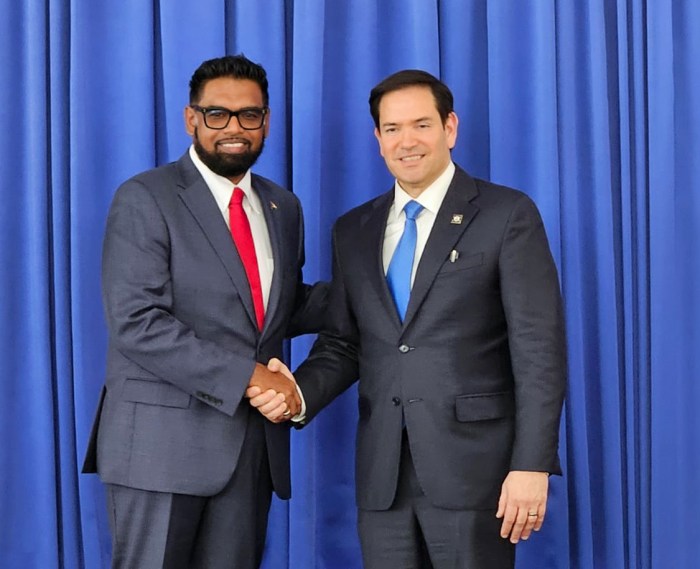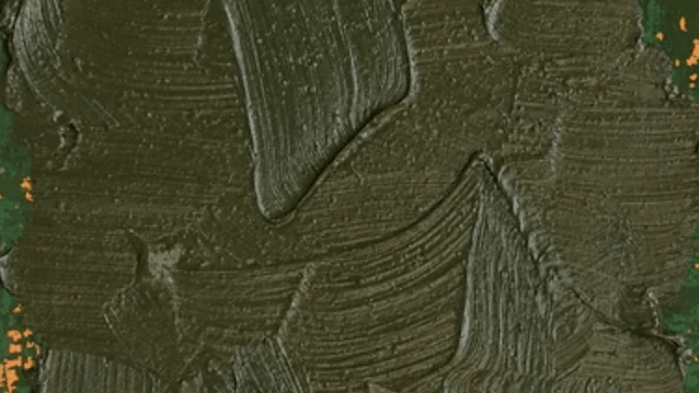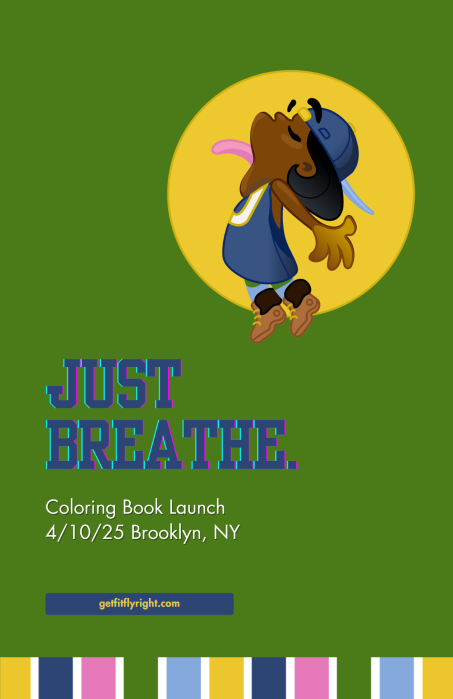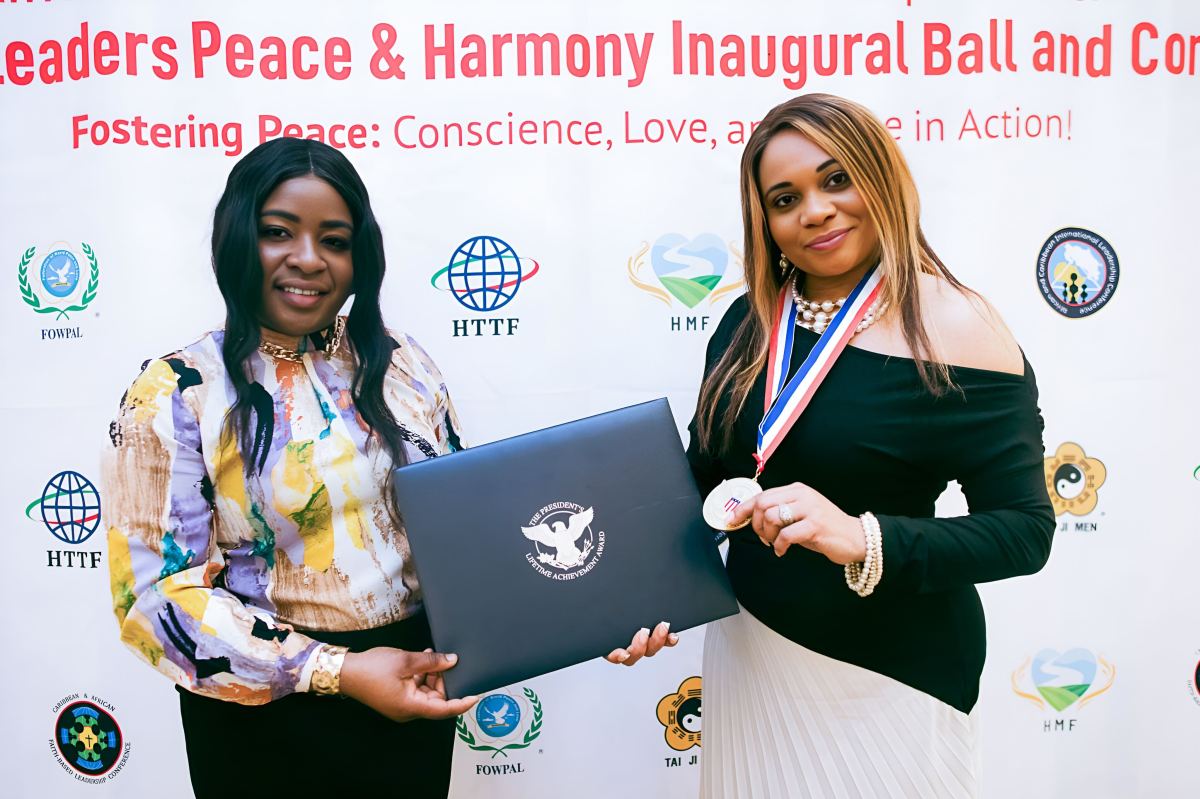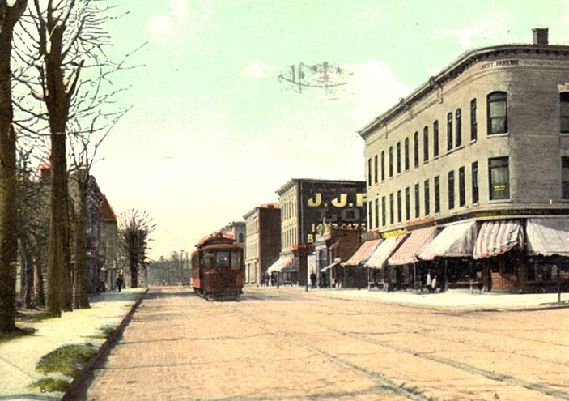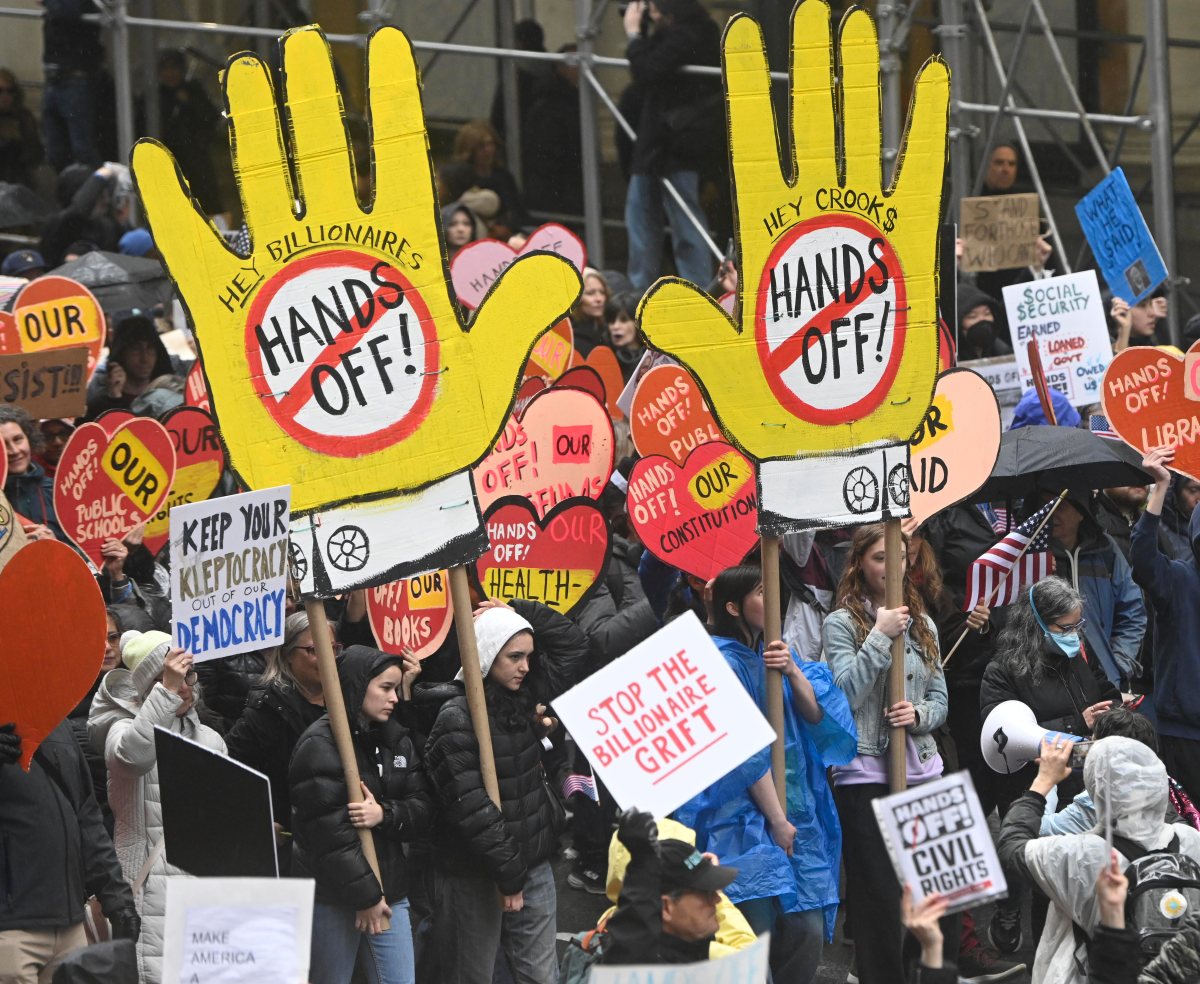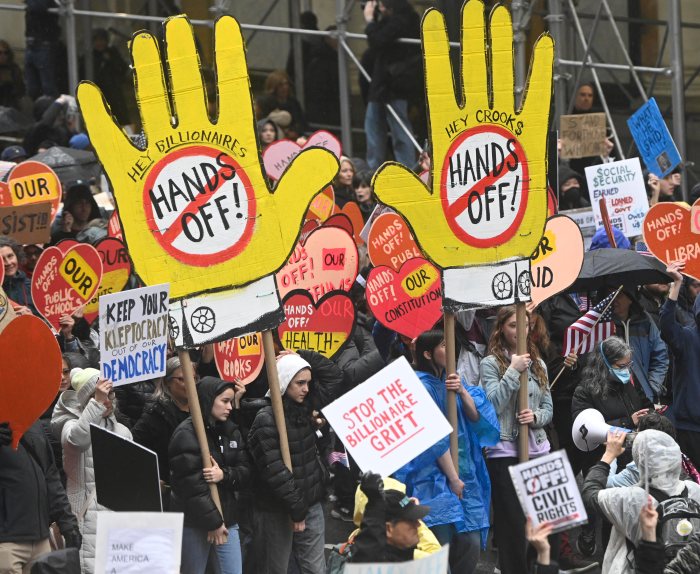Though she has a family history of breast cancer, Jamaican Pauline F. Thomas never expected that she would be diagnosed with the disease.
“Interestingly, prior to being diagnosed with breast cancer, in March 2007, I decided to cut my hair very short, as it was the style being worn at that time and, most of all, I was spending too much time at the hair dresser,” Thomas, 69, a 14-year breast cancer survivor and Brooklyn resident, told Caribbean Life on Monday.
“I would be one of the first persons on a Saturday morning (at the hair salon) and still leaving in the afternoon,” added Thomas, who hails from Sherwood Content in the Parish of Trelawny in Jamaica. “The time spending in the hair salon was getting to me. Unknowingly, cutting my hair short was God’s way of preparing me for what was to come.”
Thomas said she clearly remembered pulling her shopping cart up the stairs on “this particular Saturday — Saturdays seem to be the day of new beginnings for me — when I felt a sharp pain in my left breast.
“Knowing my family history, I immediately went inside and examined myself,” she said. “To my horror, I discovered a lump. I could not wait for Monday to come, so that I could go to my PC (primary care physician) at Beth Israel Hospital Medical Center (renamed Beth Israel/Mount Sinai Hospital in Manhattan) to get a referral for a mammogram.”
With the mammogram showing a lump, Thomas said she was sent to see a specialist, who scheduled her the next day for another mammogram, a sonogram, followed by an ultrasound-guided fine needle biopsy.
“This ultrasound-guided needle test was extremely painful,” she said. “I saw every stars in the constellation without missing any. After all my tests, I was diagnosed with breast cancer at age 54.”
Thomas said a lumpectomy/partial mastectomy was done on her left breast on June 4, 2007.
She said she wanted to do a full mastectomy, but her doctor recommended a lumpectomy and removal of a lymph node to test for cancer.
“Fortunately, I was diagnosed early, and the cancer had not spread to any node,” said Thomas, adding that treatment consisted of a year of chemotherapy, through port placement, and six weeks of radiation at Mount Sinai Hospital, followed by the taking of arimidex (oral tablets) for five years.
She said chemotherapy treatment was “no walk in the park,” disclosing that she was given three types, in stages: taxotere, carboplatin and herceptin.
“I started with all three at the same time — taxotere for three months, carboplatin for six months and continued with herceptin to complete the year,” said Thomas, stating that all treatment and surgery were done at Beth Israel/Mount Sinai Hospital. “I lost what little hair I had after my second treatment. Taxotere was the harshest of all three drugs.”
She said she had some side effects from chemotherapy treatment — fainting spells, port blockage, swelling of limbs and loss of nails — with port blockage being the worst.
Thomas said she “got a scare” in June 2010 during a routine mammogram, when some calcifications were found.
She said the mammogram was redone, “and they still could not determine what they saw.”
But after a biopsy was conducted, she said the results showed no cancer was found.
However, Thomas said she had to do a mammogram every six months thereafter.
“When I was diagnosed, I felt that I was given a death sentence,” she said, revealing that her mother, Gwendolyn Jackson, died in Jamaica from breast cancer at 54 – the same age when Thomas was diagnosed with the disease – six months after diagnosis.
“My whole world became topsy turvy,” added Thomas about her diagnosis. “I internalized my fears and went into a ‘poor me’ situation.”
She said she has “come to realize” that not only her mother was afflicted with breast cancer but some aunts, as well.
Thomas also said that, since her diagnosis in 2007, her niece, Jody Jackson, who resides in, Toronto, Canada, was diagnosed with breast cancer at 31.
She said Jody had a double mastectomy and reconstructive surgery, and is “doing well.”
Throughout her treatment, Thomas said her immediate family, friends, co-workers and church family supported her through prayers, cards and phone calls.
She said one of her close church sisters, whose name she preferred not to mention, at Fenimore Street United Methodist Church in Brooklyn, ensured that she had her Sunday Dinner.
In addition, Thomas said her co-workers at Barst Mukamal & Kleiner LLP, a law firm in midtown Manhattan, where she worked as a paralegal, “covered” her during her absence for treatment.
“I am now a 14-year survivor of breast cancer,” she said. “I give God thanks for his grace and mercies, and I’m very grateful for each day that I am alive.
“My health is good; I do my yearly mammogram; and, because of my history, every precautionary measure is taken by my oncologist at Mount Sinai Hospital,” she said. “Though I had fears, great fears, I faced breast cancer with a positive attitude.
“Cancer may always be a part of my life, but I wouldn’t make it the center of my life,” assured Thomas, stating that she participates in breast cancer walks in Prospect Park in Brooklyn.
She noted that breast cancer treatment is not the same as when her mother was diagnosed in 1981.
“Today, the survival rate is much higher, with varied options and advanced treatments,” Thomas said. “Take care of yourself, listen to advice but make your own careful personal decision regarding your treatment.”
She said since retiring from Barst Mukamal & Kleiner LLP in 2020, she occupies her time by volunteering every Thursday at Bethel United Methodist Church, corner of Pacific and Bedford avenues in Brooklyn, with helping to provide breakfast for the men, across the street, at the Bedford Armory.
Thomas said she also completes a four-mile walk, on alternate mornings, at Seaview Park in Canarsie, Brooklyn, and “binges” on Netflix series and Turner Classic Movies (TCM).
“I wish I have the funds to travel the globe, but will certainly do what I can,” she mused.


